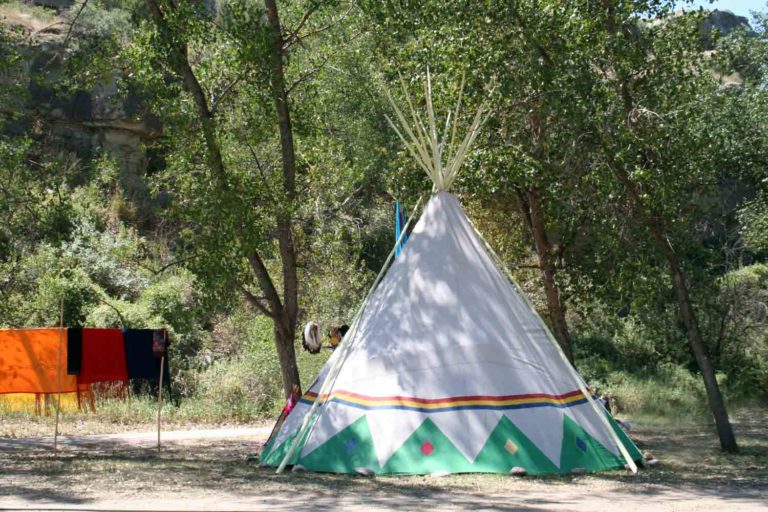
On July 8, the South Dakota Attorney General’s Office announced tribe-issued medical cannabis cards will remain valid. These medical cannabis cards come backed by medical certificates brought by the patient. In addition to this, many state attorneys said they will not be prosecuting possession of any amount of cannabis equal to, or less than, 3 ounces. Because of this, Attorney General Ravnsborg stated that pursuing low level possession amounts wouldn’t be a good use of state resources.
Then, on July 9, Attorney General Ravnsborg changed his stance. He suddenly said tribe-issued medical cannabis cards were invalid for non-tribe members. If non-tribe members with cards become stopped by troopers or officers and they have any amount of cannabis on them, they could face the threat of arrest and charges for possession.
Political Stance
This sudden change puts the Attorney General’s point of view closer in line with Governor Kristi Noem, R. The governor made an announcement mere hours before medical cannabis became legal. It states non-tribe members will become prosecuted if they possess tribe-issued medical cannabis cards. Those cards are for tribe members only, as Indeginous tribes in South Dakota are their own sovereign entity. They can create cards for their own tribe members, but not anyone outside of the tribe.
However, there had been some confusion when it came to possessing certain amounts of cannabis. If purchased from a tribe, such as the Flandreau Santee Sioux tribe, and is less than three ounces, then the officer would not arrest or charge the individual. But that seems to be different now according to the Attorney General.
Laws
According to Attorney General Ravnsborg’s statement, “A tribe’s medical cannabis card issued to a South Dakota resident who is not an enrolled tribal member is therefore not a substitute for the written doctor’s certification that a resident must produce under the Framework or in the future to receive a medical cannabis card from the [South Dakota] Department of Health.”
This explains how a non-tribe member can get in trouble or arrested if they possess a tribe-issued card. The statement continues:
“A tribe is a separate sovereign entitled to issue medical cannabis cards to tribal members is not disputed and is reflected in the Framework. However, the Framework also addresses a very important and separate issue – South Dakota’s jurisdiction over its residents who are not enrolled tribal members. Regardless of its decision concerning marijuana access within its own jurisdiction, a tribal government cannot dictate to a separate sovereign – the State of South Dakota – how the state’s laws apply to its own residents who are not enrolled members of a tribe when they are off reservation land and therefore wholly within the jurisdiction of the State of South Dakota.”
With a tribe and residents of the state belonging to different entities, they can’t cross rules. In addition, they can’t tell one entity how to govern its people using the rules from another entity.
Tribe Response
The Flandreau Santee Sioux tribe began issuing medical cannabis cards to non-members on July 1, the same day IM 26 legalized medical cannabis in the state. The tribe has had a medical cannabis program in place for several years now under their sovereign state. Recently, they opened their stores to non-tribe members to help create tribe jobs and a positive impact on the community. The tribe also said they will offer defense for anyone who possesses a tribe-issued card and becomes arrested.
“The tribe’s medical cards are backed by medical recommendations from physicians or medical cards from other states,” the tribe’s Attorney General Seth Pearman said to local news reporters. “And they therefore meet the legal standards (in South Dakota law), including affirmative defense against prosecution.”
Future
South Dakota regulators don’t have a program created yet. However, they aim to have their state program in place by November 1. Then, citizens can apply for medical cannabis cards through the Department of Health with proper recommendations. Sales most likely won’t start until the beginning of 2022.
Both the State of South Dakota and Indeginous Tribes act as separate sovereign entities. There could be change and potential animosity between the pair. If more information develops around this situation, we will update you with the latest.
Make sure to check back for more cannabis and hemp related news.